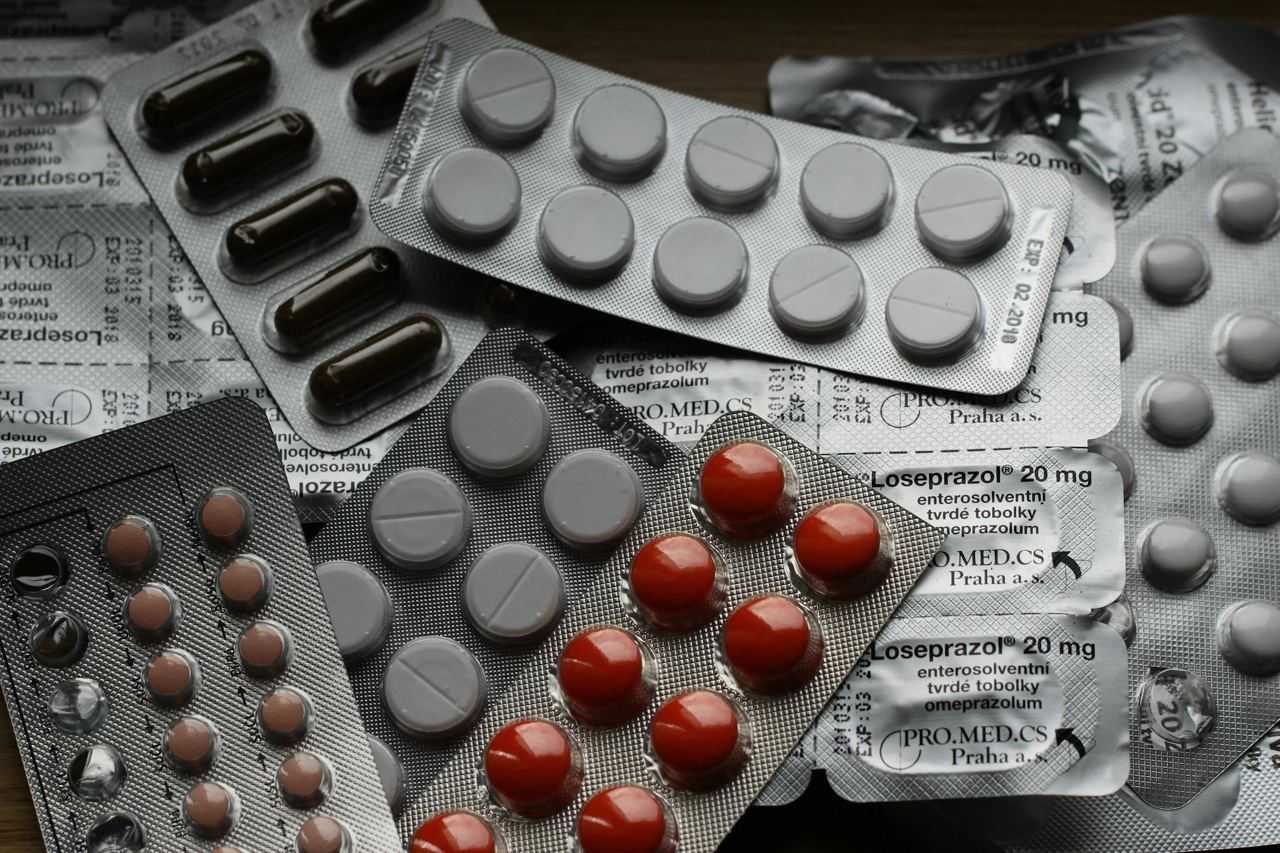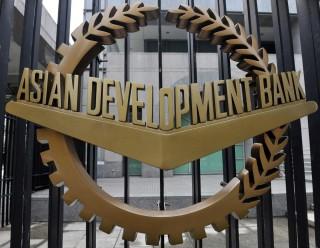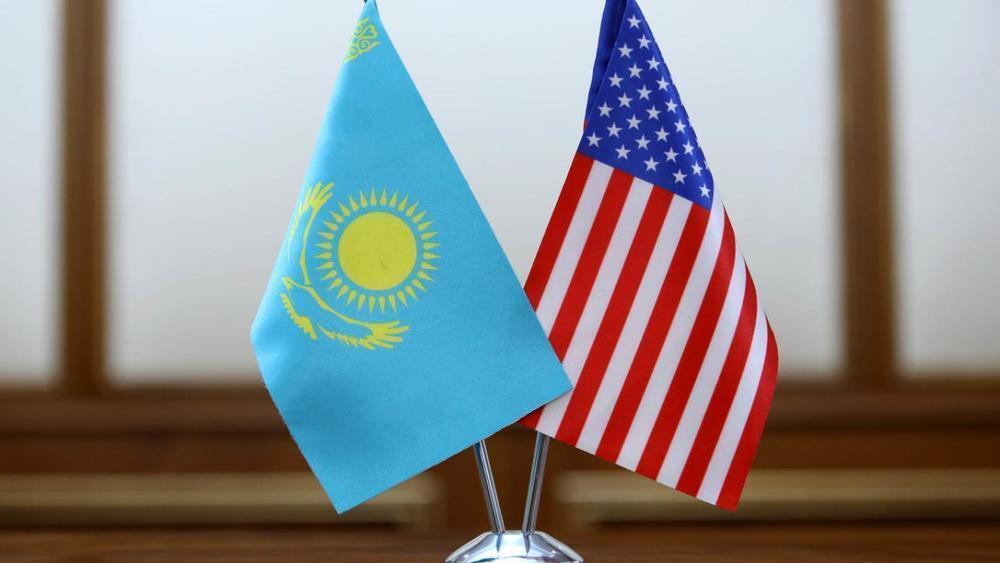From 1 July 1, 2024, in an effort to rid the country of counterfeit drugs flooding the local market, labeling of all medicines in Kazakhstan will become mandatory.
According to the World Health Organization (WHO), every tenth package of medicines distributed in developing countries is counterfeit, and in Kazakhstan, exceeds 10% of the volume of imported medicines. This is not only an economic issue, but one that poses a direct threat to people’s lives and the health of the nation. Under the new initiative, all drugs will be assigned an electronic passport detailing both its source and path to the consumer.
The Ministry of Health of the Republic of Kazakhstan stated that the key aim of the project is to eradicate illegal trade in medicines, including those used within the state’s medical programs and mandatory social health insurance.
Confident that mandatory labeling will prove effective in dealing with gray imports in the pharmaceutical market, economist Andrei Chebotarev remarked, “When the manufacturer’s goods are labeled, you can trace their route all the way to your home medicine cabinet. Everyone will know, for example, where the pills were produced and how they were imported into the country. At present, there is no guarantee that goods are genuine. Where was this medicine produced? In India, in Germany? It is almost impossible to check the source.” In short, he continued, labeling is the surest way of “letting the cat out of the bag.”
Another positive impact of the introduction of labeling concerns an increase in tax revenues and customs duties. Pharmacies in Kazakhstan already sell drugs labeled with the DataMatrix code. Specialists believe that the pharmaceutical industry is ready to exit the shadow turnover.
During the first two months of 2024, almost 5,000 tons of various drugs worth $275.7 million, were imported by Kazakhstan.









